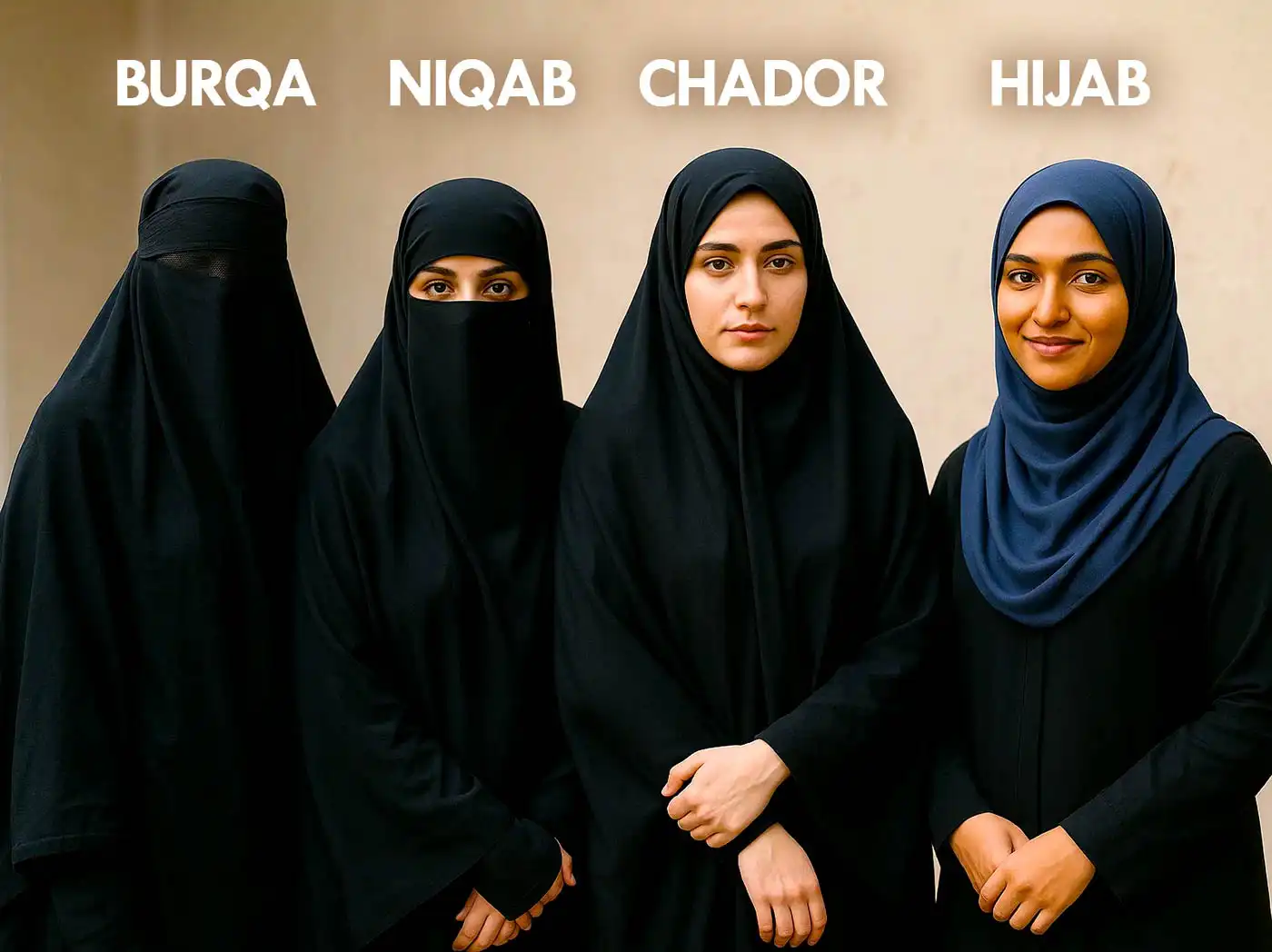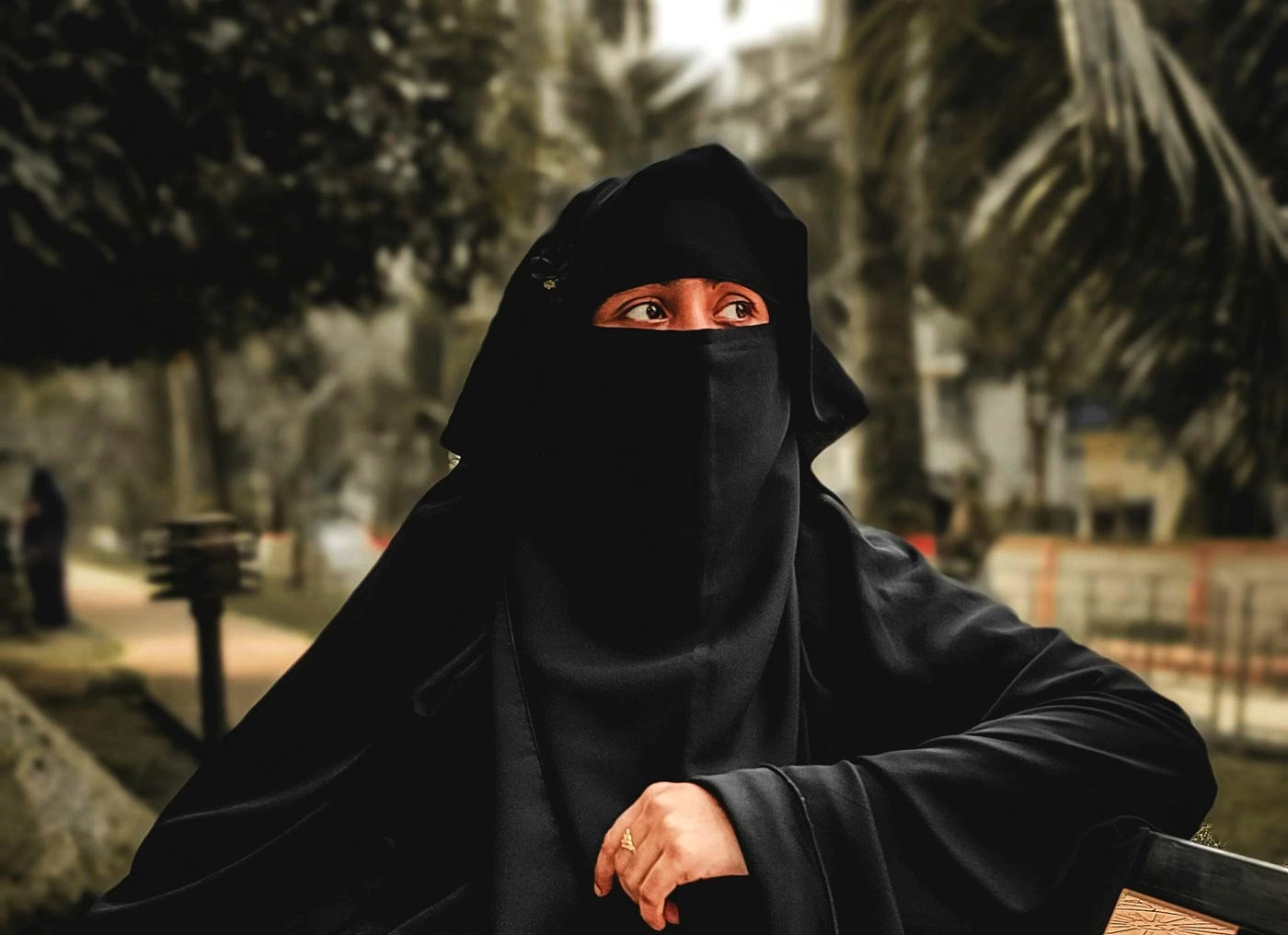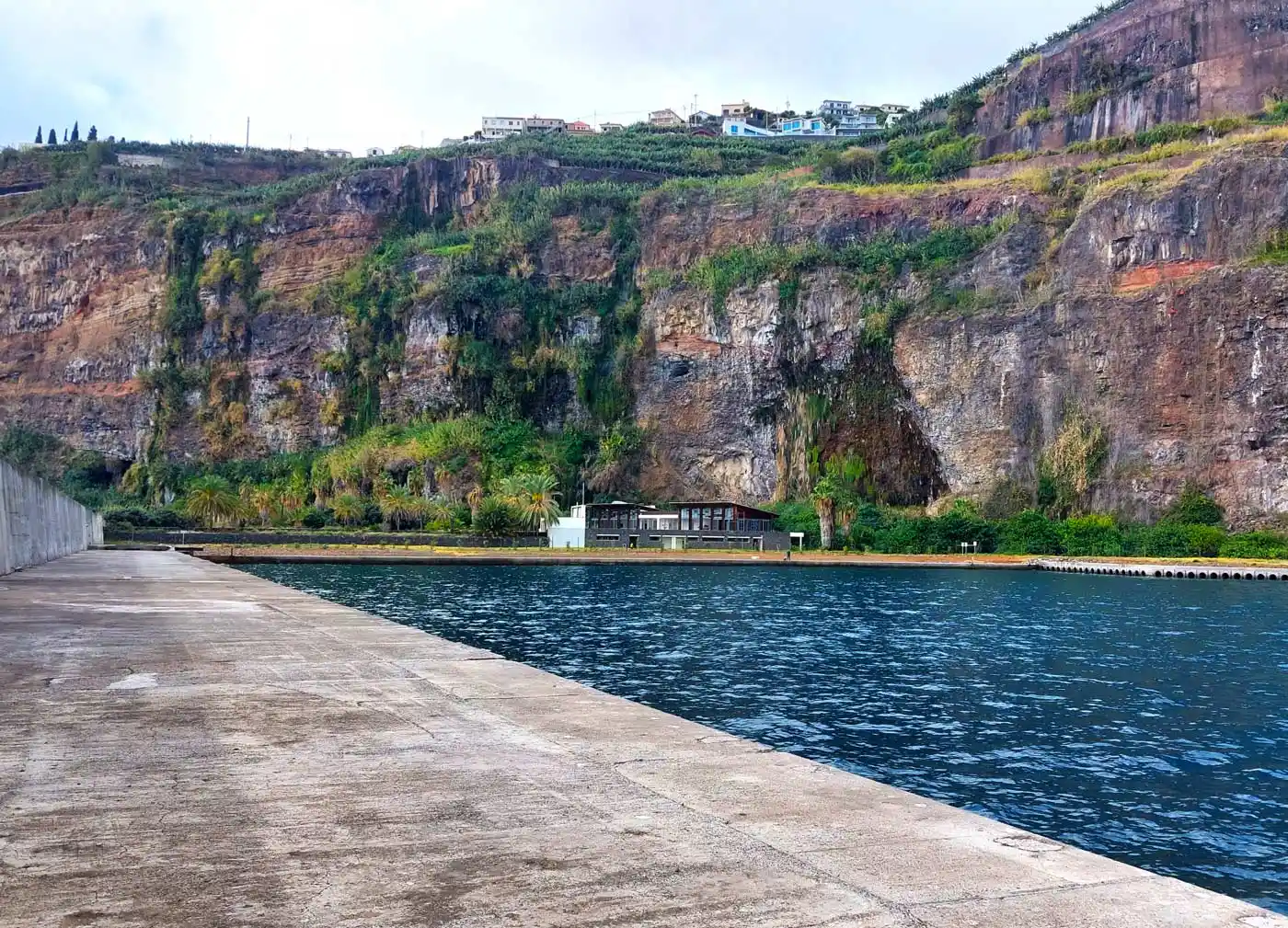Chega Party's Burqa & Niqab Ban Receives Parliamentary Approval
On October 17, 2025, Portugal's parliament approved a bill proposed by the far-right Chega party that bans face veils worn for "gender or religious" reasons in most public spaces.
The legislation specifically targets clothing such as the burqa and niqab, which are worn by very few Muslim women in Portugal. The bill allows face coverings in some places but imposes fines ranging from €200 to €4,000 for violations. Forcing someone to wear a face veil could lead to up to three years in prison.
Scope of the Law: The legislation bans face veils worn for "gender or religious" reasons in most public spaces. This primarily targets garments like the burqa and niqab.
Exceptions: The law explicitly allows face coverings in certain contexts, including:
Airplanes
Diplomatic premises
Places of worship
Medical, climatic (e.g., winter cold), occupational (e.g., construction helmets), security, and religious settings such as mosques or churches.

Types of Muslim Face Coverings
Muslim women may choose from various types of face coverings, each differing in the extent of coverage:
Burqa: An all-encompassing garment that covers the entire body and face, with a mesh screen to see through. It is most commonly associated with Afghanistan.
Niqab: A face veil that covers the face, leaving the eyes exposed. It is worn in various countries, including parts of the Middle East and North Africa.
Chador: A full-body cloak that covers the body, leaving the face exposed. It is commonly worn in Iran.
Hijab: A headscarf that covers the hair, neck, and often the shoulders, leaving the face exposed. It is widely worn across the Muslim world.
The recent legislation in Portugal specifically targets the burqa and niqab, which are full-face coverings. Garments like the chador and hijab, which do not cover the face, are not affected by this law.
Why the Burqa and Niqab Have No Place in an Open Society
Full-face veils like the burqa hide women from society, restricting their freedom and limiting their participation in public life. Banning the burqa and niqab protects women from pressure or coercion, ensures they can be seen and heard as individuals, and supports their independence in the public sphere.
Contrary to common belief, neither the burqa nor the niqab are obligatory for Muslim women according to the majority of Islamic jurisprudence. There is no valid religious argument in their defense.
Muslim face coverings like the the niqab and burqa are symbols of female subjugation, patriarchal control, and the rejection of an equal society. These garments limit women’s visibility and participation in public life and are often linked to strict gender expectations.
Not showing one’s face runs counter to the basic requirements of life in an open society. The burqa and the niqab are incompatible with such a society, where accountability and personal autonomy are essential for full participation. That is why banning it was the right decision.
The Burqa Ban: Symbolic Rather Than Practical
While the law targets an important issue, it is mainly symbolic, its practical impact is minimal. The number of women wearing the burqa in Portugal is very low. The legislation addresses a practice that is rare, making the law more of an important cultural and legislative statement than a response to a widespread social issue.
Why The Ban of The Muslim Face Veil Did Not Go Far Enough
A more pressing concern is the growing prevalence of headscarves among young girls, which is arguably way more common.
Unlike the burqa, headscarves are often introduced at a young age, long before children can make informed choices about religion or identity. Imposing religious dress on minors undermines their freedom of conscience and conditions them to accept restrictive gender norms as natural.
Protecting children from pressure - whether social, familial, or religious- to wear such attire safeguards their right to develop their own beliefs and sense of self.
Allowing children to grow up free from compulsory religious symbols ensures that, once they reach maturity, any decision to adopt such practices is genuinely their own.
Outlawing young girls to be wearing a headscarf (hijab) in public upholds a core democratic principle: that faith and personal expression must be matters of individual choice, not early indoctrination or coercion.
The Chega (CH) party "will present legislative initiatives to prohibit Islamic prayers in public spaces and prevent the construction of new mosques in Portugal", reads a press release shared by Madeiran deputy Francisco Gomes.
Chega's Broader Agenda: Populism And Defiance of The Constitution
Despite the narrow scope of the burqa ban, Chega’s broader agenda is troubling and should alarm anyone committed to defending Portugal’s constitutional principles:
Once the ban was in place, it took the party less than a week to voice additional measures, including the call for restrictions on Islamic prayers in public spaces and limitations on the construction of new mosques. Practices, we also see in countries like Egypt or more straightforward political dictatorships.
These claims are worrying because they go against the country’s commitment to equality and freedom for all people, no matter their religion.
The proposals would bring Portuguese law closer to the practices and legal frameworks of Muslim-majority countries, where Christians and Jews often have fewer rights (Dhimmi status) than Muslims or are treated as second class citizens.
Chega is making calls to limit some people’s constitutional rights, especially the right to practice their religion freely. If these claims become law, they will create a dangerous situation where citizens are treated unevenly, because of their faith.
If the state can ban one minority's peaceful, public worship based on identity, it creates a loophole for discrimination against any minority -political, ethnic, or religious - in the name of "cultural sovereignty." This weakens protections for all Portuguese citizens.






Comments